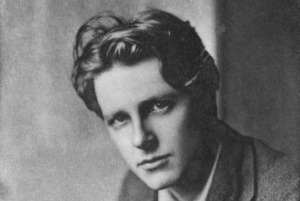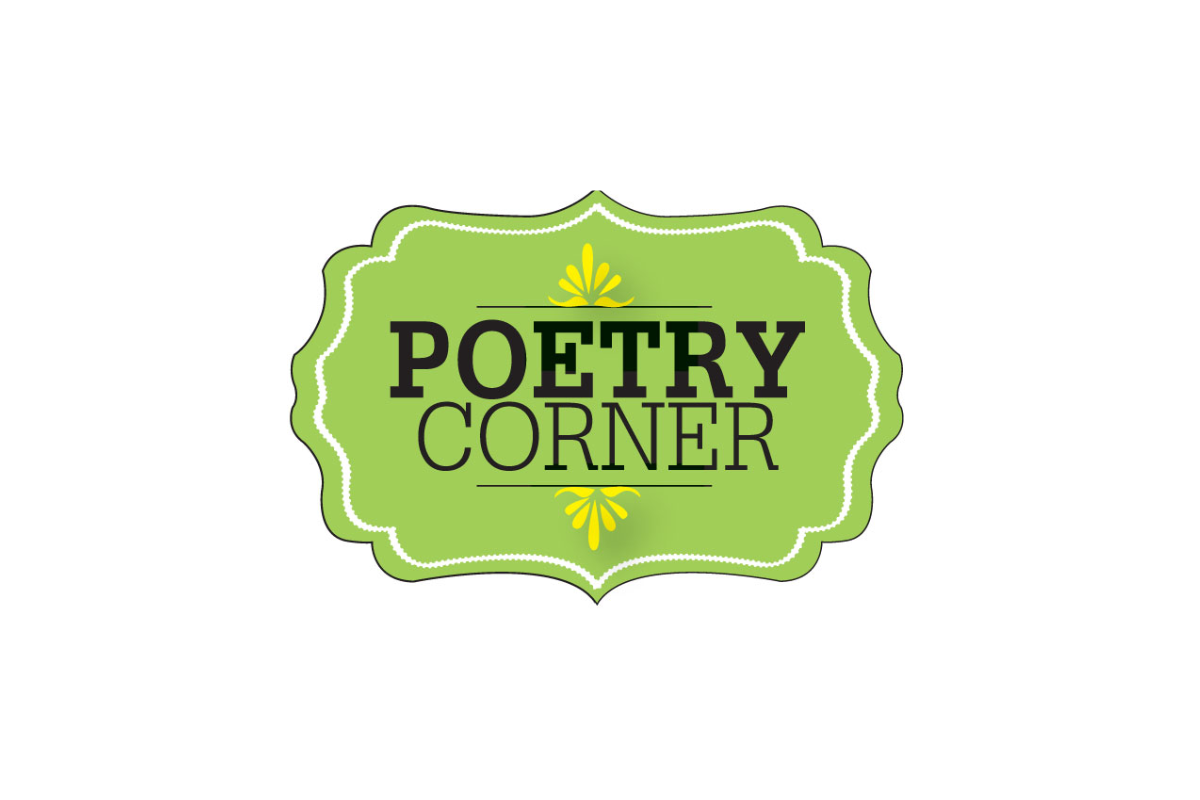By Norah Christianson
I have been grieving for Israel and for Palestine, as we all have. I’ve been reflecting on all the war poems in the world, going back to the “lliad” and beyond. Here are bits taken from poems written by poets known in English literature as the War Poets. – N. C.
You smug-faced crowds with kindling eye
Who cheer when soldier lads march by,
Sneak home and pray you’ll never know
The hell where youth and laughter go.
-Siegfried Sassoon, “Suicide in the Trenches”
Take up our quarrel with the foe:
To you from failing hands we throw
The torch; be yours to hold it high.
-John McCrae, “In Flanders Fields”
“Yes; quaint and curious war is!
You shoot a fellow down
You’d treat if met where any bar is,
Or help to half-a-crown.”
-Thomas Hardy, “The Man He Killed”
When can their glory fade?
O the wild charge they made!
All the world wondered.
Honour the charge they made!
Honour the Light Brigade,
Noble six hundred!
-Alfred Lord Tennyson, “The Charge of the Light Brigade”
There are poems written to commemorate and honor soldiers killed in war, poems praising soldiers for their patriotism. There are poems written about the hell of war, the pointlessness of war, the absurdity of war. There are chauvinistic poems that glorify war, poems exhorting the still-living soldiers to “take up the torch.” There are poems reflecting on “how curious war is”— poems that acknowledge the strange fate, the circumstances of birth and time, that make a man an enemy. War poems—over and over. “Only the dead have seen an end to war.” So it does seem. And so there will be ever more war poems.
I am sick and sad about the current Palestine/Israel war. I find I cannot cheer you up with some flowery poem, nor do I want to print a poem with any of the above themes. So I have chosen a poem by Rupert Brooke—himself a “War Poet”—but this poem is not about war, but about life and death. I want to believe that all the Palestinian civilians and all the Israeli civilians who have died, and who will die, have lived a life Brooke describes in the first stanza of “The Dead.” I want to believe that the dead on both sides have now “a shining peace.”
The Dead
By Rupert Brooke
These hearts were woven of human joys and cares,
Washed marvellously with sorrow, swift to mirth.
The years had given them kindness. Dawn was theirs,
And sunset, and the colours of the earth.
These had seen movement, and heard music; known
Slumber and waking; loved; gone proudly friended;
Felt the quick stir of wonder; sat alone;
Touched flowers and furs and cheeks. All this is ended.
There are waters blown by changing winds to laughter
And lit by the rich skies, all day. And after,
Frost, with a gesture, stays the waves that dance
And wandering loveliness. He leaves a white
Unbroken glory, a gathered radiance,
A width, a shining peace, under the night.

Rupert Brooke was born in 1887 in Warwickshire, England. He studied classics at King’s College, Cambridge and later made friends among the Bloomsbury group (a group of English writers, intellectuals, philosophers and artists in the first half of the 20th century). In 1912, after suffering a severe emotional crisis, he traveled to the United States and Canada, writing travel diaries for the Westminster Gazette. Brooke’s poetry was greatly admired by many, including Winston Churchill.
Brooke enlisted at the outbreak of World War 1 in August 1914. Shortly after his 27th birthday, he was commissioned into the Royal Naval Volunteer Reserve as a sub-lieutenant, and saw war in the Royal Naval division’s Antwerp expedition. In February 1915, he sailed with the British Mediterranean Expeditionary Force heading to Gallipoli. Brooke became ill while stationed in Egypt and died of septicemia. He was twenty-seven. He was buried in an olive grove on the Greek island of Skyros. (Brooke’s brother, William, fell in action on the Western Front that same year.)

